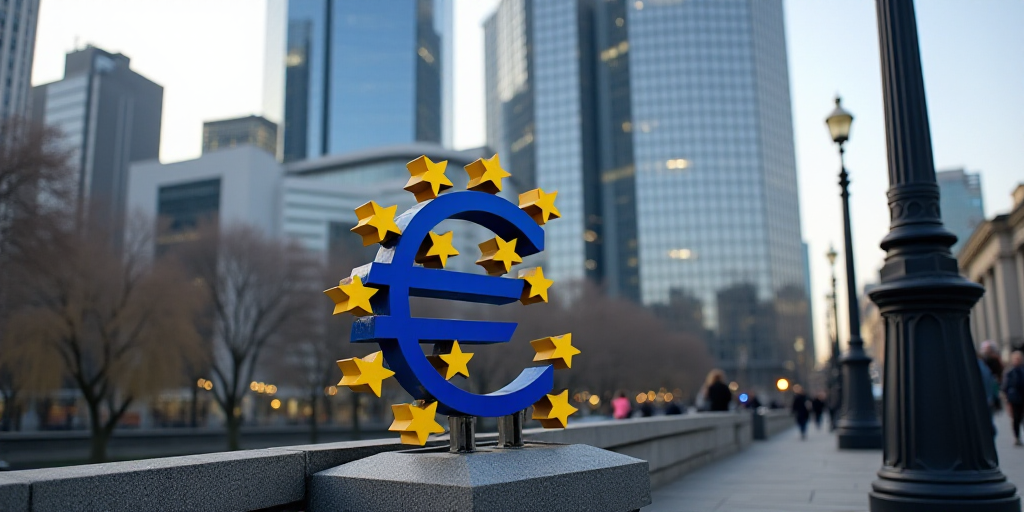Background on Olli Rehn and His Role
Olli Rehn, the European Central Bank’s (ECB) Chief of Economic Policy, recently hinted at a possible interest rate reduction in June. Rehn’s comments come as the ECB’s new forecasts “well might” indicate an excessive drop in inflation rates. Rehn’s statement adds to the growing chorus of policymakers warning about the negative impact of trade issues on inflation, such as a stronger euro and weaker economic activity.
Recent ECB Actions and Interest Rate Trends
Just last week, the ECB lowered interest rates for the seventh time in a year and cautioned that economic growth would be significantly affected by U.S. tariffs, reinforcing expectations for further monetary policy relaxation.
Rehn’s suggestion of another rate cut in June aligns with concerns from other policymakers regarding the adverse effects of trade troubles on inflation, including a more robust euro and diminished economic activity.
Rehn’s Inflation Forecast and Potential Rate Adjustment
During a conference at the spring meetings of the International Monetary Fund and the World Bank, Rehn stated, “It is very likely that medium-term inflation forecasts under current circumstances will be below our target (of 2%).”
He further explained that such a scenario would justify a rate cut, which would lower the interest rate the ECB pays on bank deposits from 2.25% to 2%. This adjustment aims to stimulate economic growth amidst the prevailing uncertainties.
Key Questions and Answers
- Who is Olli Rehn, and what is his role at the ECB? Olli Rehn is the Chief of Economic Policy at the European Central Bank. He plays a crucial role in shaping and implementing monetary policy decisions.
- What recent actions has the ECB taken regarding interest rates? The ECB has lowered interest rates for the seventh time in a year, signaling concerns about economic growth due to U.S. tariffs.
- Why is Rehn suggesting a possible interest rate cut in June? Rehn anticipates that inflation rates might fall excessively below the ECB’s target of 2%, justifying a rate cut to stimulate economic growth.
- How might a rate cut impact the euro and economic activity? A potential interest rate reduction could lead to a stronger euro and weaker economic activity, as acknowledged by Rehn and other policymakers.






